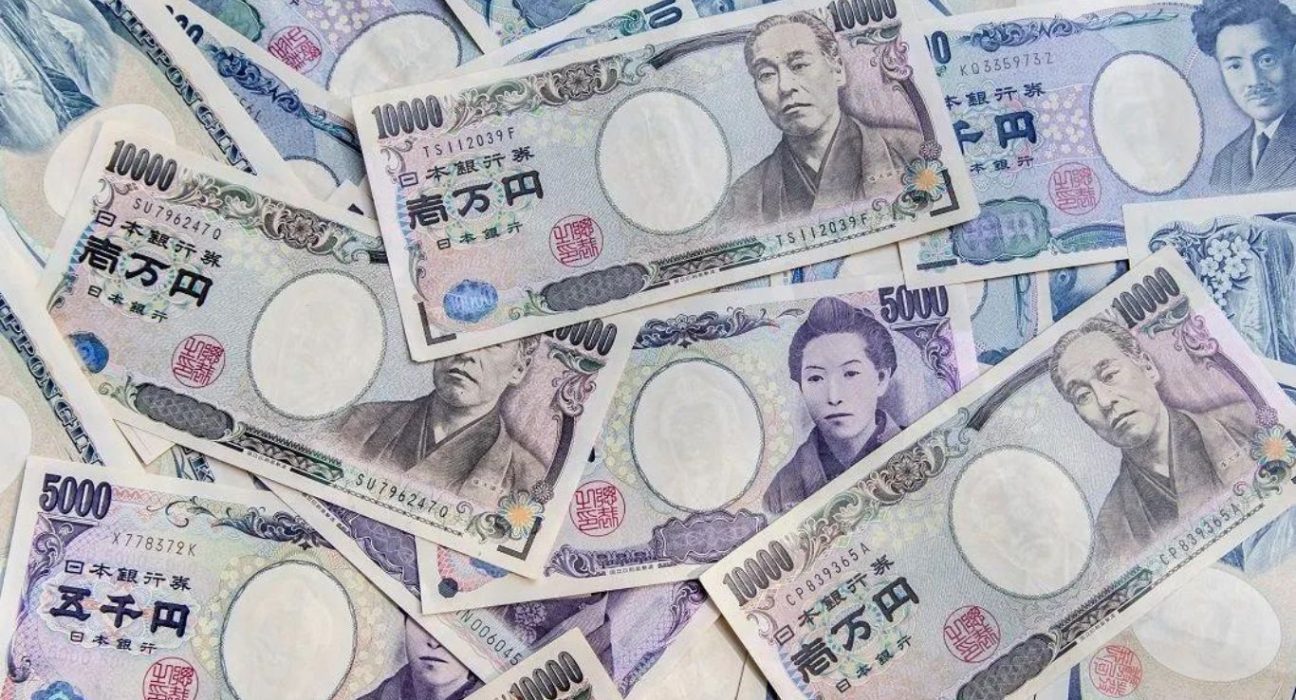Introduction
The Japanese yen held steady on Friday amid statements from Bank of Japan (BOJ) Governor Kazuo Ueda. The central bank chief emphasized that no specific timeframe had been established for achieving the desired 2% annual inflation target. Additionally, Ueda reiterated the BOJ’s commitment to maintaining an ultra-dovish monetary policy in the foreseeable future. This article delves into the implications of these statements on the Japanese yen and analyzes the potential economic impact of the BOJ’s stance.
Bank of Japan Maintains its Ultra-Dovish Policy
Governor Kazuo Ueda reaffirmed the BOJ’s commitment to an ultra-dovish policy, aimed at stimulating inflation in the Japanese economy. The central bank has been struggling to achieve its 2% inflation target for quite some time. While some critics argue that the lack of a specific timeframe raises concerns about the bank’s ability to meet its goal, Ueda believes that flexibility is necessary to adapt to changing economic conditions and external factors.
Importance of the 2% Inflation Target
The 2% inflation target set by the BOJ is seen as a crucial milestone in Japan’s economic recovery. Achieving this level of inflation is expected to boost consumer spending, increase business investment, and reduce the burden of the country’s colossal national debt. However, reaching this goal has proven challenging, as the Japanese economy has been grappling with prolonged periods of deflation, stagnant wages, and weak consumer demand.
Market Reaction and Yen Stability
The Japanese yen, a currency highly sensitive to monetary policy developments, showed little reaction to Governor Ueda’s comments. The lack of any specific timeframe for achieving the inflation target had already been anticipated by market participants, resulting in a limited impact on currency exchange rates. However, uncertainty surrounding the BOJ’s ability to achieve its inflation target in a timely manner may lead to increased volatility in the future.
Global Economic Factors and the BOJ’s Challenges
The Bank of Japan’s efforts to stimulate inflation are not isolated from global economic conditions. Despite implementing a range of unconventional policies, such as negative interest rates and massive bond-buying programs, the BOJ has struggled to generate sustained inflation. Global factors, including trade tensions, geopolitical uncertainties, and the ongoing COVID-19 pandemic, have presented significant challenges to achieving the inflation target.
The Role of Ultra-Dovish Monetary Policy
The BOJ’s ultra-dovish monetary policy includes measures such as keeping interest rates at record lows, purchasing government bonds, and implementing quantitative easing. This accommodative stance aims to encourage borrowing, boost spending, and eventually drive up inflation. By signaling its intention to maintain this policy, the BOJ hopes to provide stability and support to the Japanese economy as it navigates through uncertain times.
Importance of Flexibility
Governor Ueda’s emphasis on flexibility in achieving the inflation target underscores the need to adapt to changing economic circumstances. Japan’s economy has faced headwinds in recent years, including the impact of an aging population, low productivity growth, and the prolonged effects of deflation. With uncertainties surrounding the pace of economic recovery, Ueda’s acknowledgment of the need for a flexible approach demonstrates the BOJ’s commitment to addressing these challenges effectively.
Future Outlook and Market Speculation
Market participants will closely monitor future developments and announcements from the BOJ regarding its inflation target and monetary policy. While Ueda’s statements indicate a continuation of ultra-dovish policies for the time being, any unexpected changes in economic conditions or external factors could prompt adjustments to the central bank’s approach. As a result, market volatility and yen fluctuations are expected as investors react to evolving circumstances.
Conclusion
Bank of Japan Governor Kazuo Ueda’s recent statements highlight the absence of a specific timeframe for achieving the 2% inflation target, while emphasizing the BOJ’s commitment to maintaining an ultra-dovish monetary policy. The Japanese yen remained stable in response to these comments, as market participants had already anticipated the lack of a fixed timeline. However, uncertainties surrounding the BOJ’s ability to achieve its inflation target persist, driven by global economic factors and challenges within the Japanese economy. The BOJ’s focus on flexibility in its approach signifies a commitment to addressing these challenges and navigating through uncertain times. Investors will closely monitor future announcements from the central bank for insights into potential adjustments to monetary policy, which could impact currency exchange rates and market stability.










